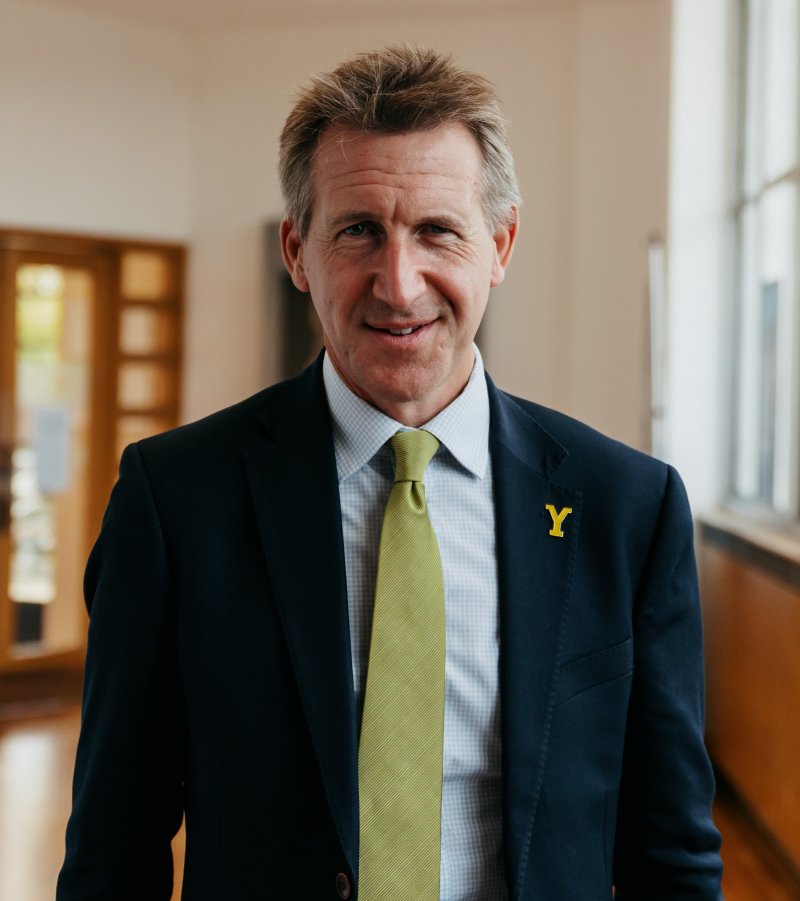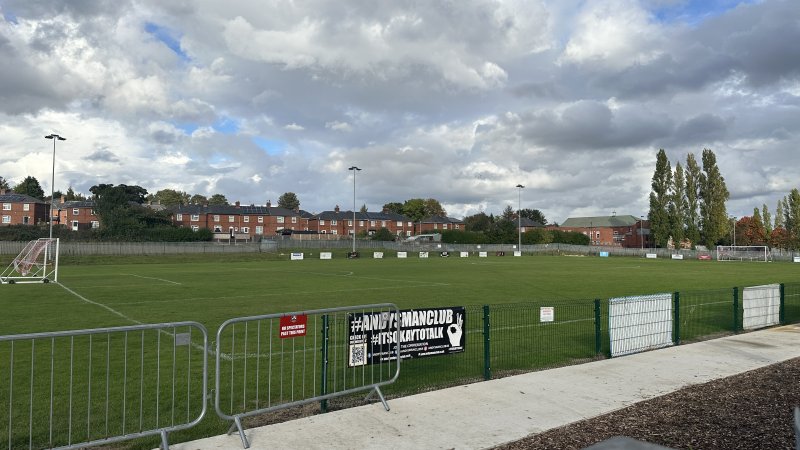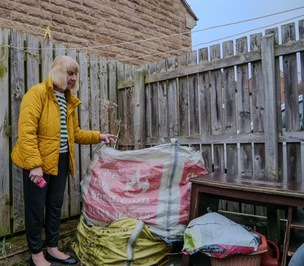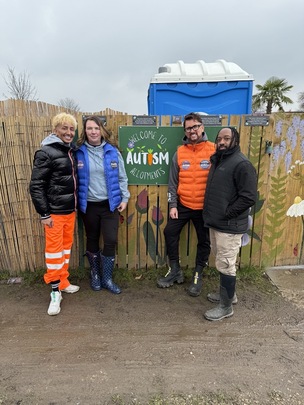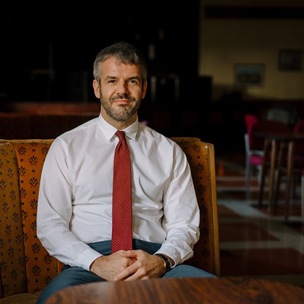ERODING trust in local government, a faltering sense of community and high levels of ‘social intolerance’ have led Barnsley to be one of the least prosperous areas in the country, according to new research.
The borough’s rates of violent crime, education provision and lack of digital connectedness also contribute to its ranking at 324th out of 379 local authorities according to the Legatum Institute, a thinktank chaired by Conservative Baroness Philippa Stroud.
The institute - which calls the Prosperity Index ‘the most ambitious and comprehensive index of its kind to date’ - claims its findings are further evidence that the ‘levelling up’ agenda must concentrate firstly on deprived communities in the north.
“To make the most of this moment, the country will need to unlock prosperity across all of its regions and communities,” said Baroness Stroud.
“To do that, it’s vital we know exactly what is working and what needs further attention as we seek to level up and bring opportunity to the whole country.”
Leaders in Barnsley - one of the country’s hardest-hit areas by austerity in the last decade - have echoed that message.
The index, which uses 256 indicators ranging from Office for National Statistics (ONS) and Public Health England surveys and figures to the British Election Study (BES), shows how the borough’s prosperity has changed since 2011.
Overall prosperity, said the institute, is ‘undermined by a deterioration in things that lie outside of the traditional focus on GDP, infrastructure and transport’.
People’s satisfaction with local democracy sees Barnsley ranked fifth-bottom in that category and 367th with regards attitudes to governance as a whole - based on Electoral Commission, BES, Open Council, House of Commons and Elections Centre data.
Barnsley has the second-lowest local election turnout in Yorkshire - at only a quarter, according to the report.
It’s one of 69 authorities not to have seen any change in ruling party in the last 20 years, which has increased from 42 a decade ago - although Labour have led since the council’s formation in 1973.
People also express low trust in politicians and rank especially low - 376th - for feeling their vote ‘makes a difference’.
The index uses BES data, taken after every general election on voters’ attitudes and behaviours, to understand residents’ tolerance to different religions, ethnicities and classes - and ranks Barnsley 345th.
However, people’s feelings of agency and freedom of speech rank first nationally.
Social networks, comprising a sense of belonging, trust and ‘neighbourly’ help have plummeted since 2011, from 197th to 376th - the third-lowest nationally - according to BES data.
Soaring homicide rates have seen Barnsley drop from 248th to 338th in that measure, while it’s 300th overall for violent crime such as knife crime and robbery.
Levels of violent crime in Barnsley saw the biggest rise in South Yorkshire from December 2019 to December 2020, a seven per cent rise from 8,267 incidents to 8,867.
Barnsley’s infrastructure and conditions for business are more positive, ranking 151st and 50th respectively based mainly on ONS and Department for Business, Energy and Industrial Strategy figures.
Dan Jarvis, Barnsley Central MP and South Yorkshire Mayor, said: “The question of how we tackle this inequality - and unlock the north’s enormous economic and social potential - sits right at the heart of the debate around what levelling up should look like in practice.”
He has been backed by Barnsley Council, alongside around 40 authority leaders and mayors, in producing the ‘Plan for the North’ which sets out the scale of the local challenges facing policymakers.
Coun Sir Steve Houghton, Barnsley Council leader, said: “The north needs a 20-year strategy that sets out the short, medium and long-term actions.
“Over that period, we must have a consistent policy and investment plans that fund public services adequately and recognise the deprivation that has occurred in areas like Barnsley through lack of proper investment from the government.”











